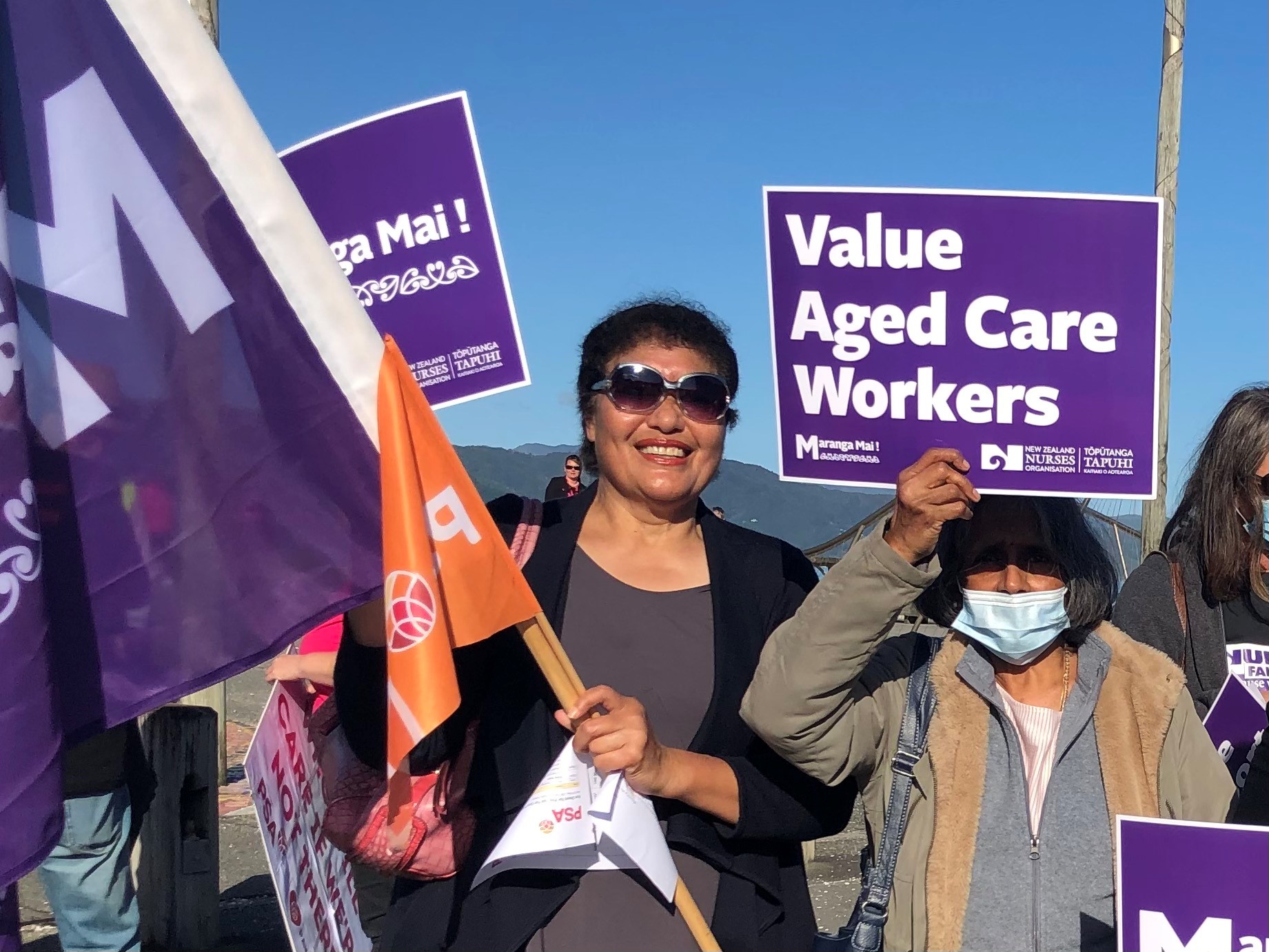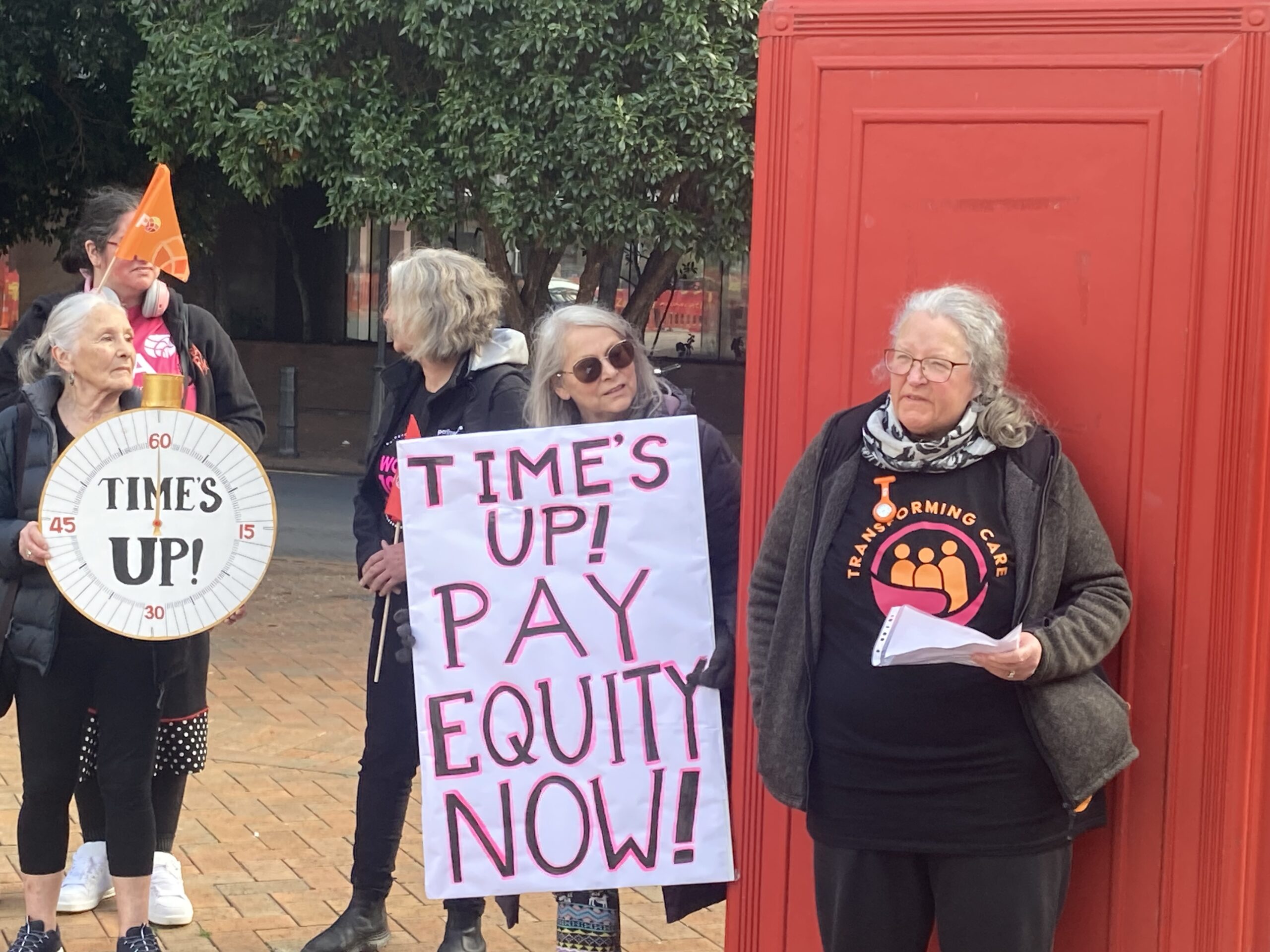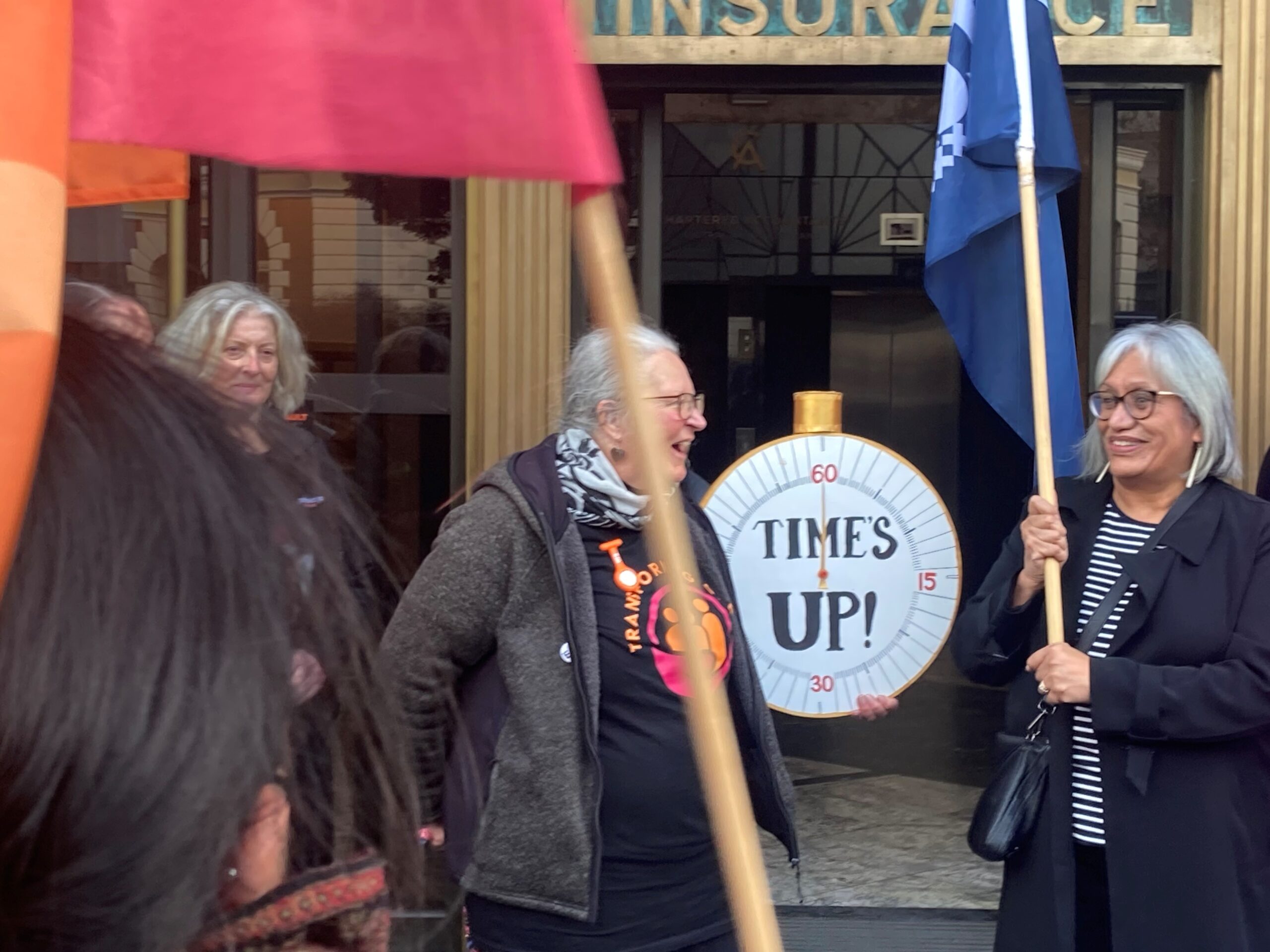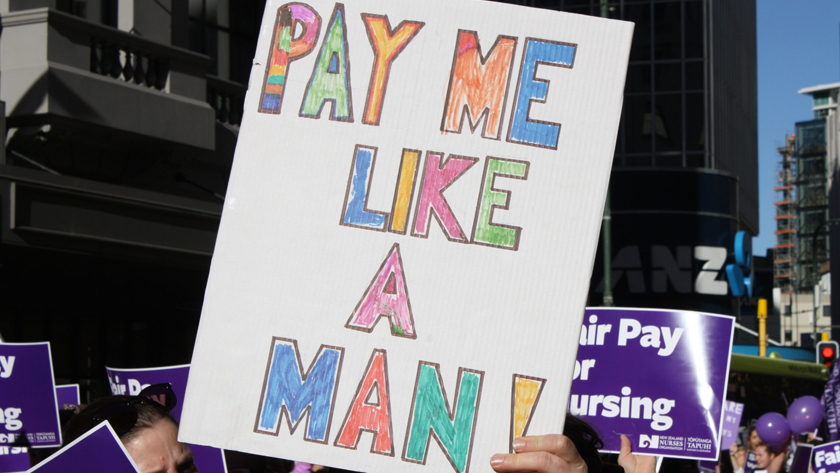The three unions which represent the workers — NZNO, PSA and E tū — are asking the ERA to review evidence that the largely-female workforce is significantly underpaid because of gender-based discrimination, and then decide pay equity rates.
‘We want to get it settled and the Government to find the funding, because these are the lowest paid women workers in health.’
NZNO pay equity lead Glenda Alexander said workers wanted employers and the Government to take them seriously and finally settle their pay equity claim.
“We want to get it settled and the Government to find the funding, because these are the lowest paid women workers in health.”

The pay equity claim was initiated on July 1, 2022 with 15 employers, but no settlement had so far been reached.
It directly covers 17,500 workers in those workplaces but could affect another 47,500 workers in disability, home and mental health support, as well as aged care — bringing to 65,000 the number of workers likely to be affected.
‘It’s a lot — but it shows the degree of underpayment these people have been subjected to, for so long.’
Alexander said employers had been dragging their feet for too long, waiting for government assurances they would fund pay equity for such a large workforce.
While acknowledging a settlement could stretch “into the billions”, Alexander said it was a crucial investment in a long-underpaid and desperately-needed workforce.
“It’s a lot — but it shows the degree of underpayment these people have been subjected to, for so long.”
Alexander noted that the previous pay equity settlement for care and support workers in 2017 — an historic $2 billion deal championed by Lower Hutt aged care worker Kristine Bartlett — had been delivered by a National-led Government. She hoped it could deliver again for one of the country’s most vulnerable workforces.

In 2017, after a two-year legal battle, gender discrimination was acknowledged and pay increases locked in for two years — a deal which lapsed in July 2022.
Since then, negotiations have stalled with employers offering around 2.5 to three per cent — far less than the current inflation rate of around five per cent.
Health-care assistants and kaiāwhina have previously spoken about how tough it is surviving on low pay and the short-staffing that results, putting pressure on some of the most vulnerable workers — and those they care for.
‘Time’s up’
The current lowest wage rate for care and support workers is $21.84 and the highest is $27.43 per hour. The minimum wage is $21.20. That highest rate offered to care workers is only achieved after several years of training and qualifications as well as experience on the job, according to employment relations professor Katherine Ravenswood.
Public Service Association (PSA) delegate, home support worker Rose Penfold, said low-paid support workers were really struggling in these expensive times.
“Today we’re calling ‘time’s up’ — we need pay equity now.”
The three unions had been working with employers and Government “in good faith” for two years to reach a settlement, E tū industry council convenor Marianne Bishop said.

“We’ve come to the ERA because we can’t wait any longer,” said Bishop.
“We need care and support workers to have decent jobs, with decent wages.”
The unions had provided extensive evidence that the largely female care and support workforce were significantly underpaid because of gender-based discrimination, the unions said in a statement.
In May, Cabinet reaffirmed that the coalition Government is committed to supporting pay equity for all workers, including those in the important care and support sector.
‘Substantial’ claim will be addressed separately — Reti
Minister of Health Shane Reti said the Government’s new approach to funded sector pay equity claims across all of Government reinforces that the key pay equity relationship is between employers, employees and union representatives.
“I understand that the care and support workers’ pay equity claims are substantial and will be addressed separately to other funder sector claims and will extend to the whole care and support workforce.”





